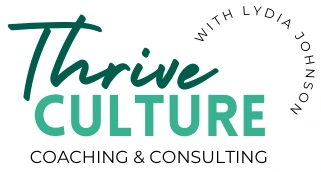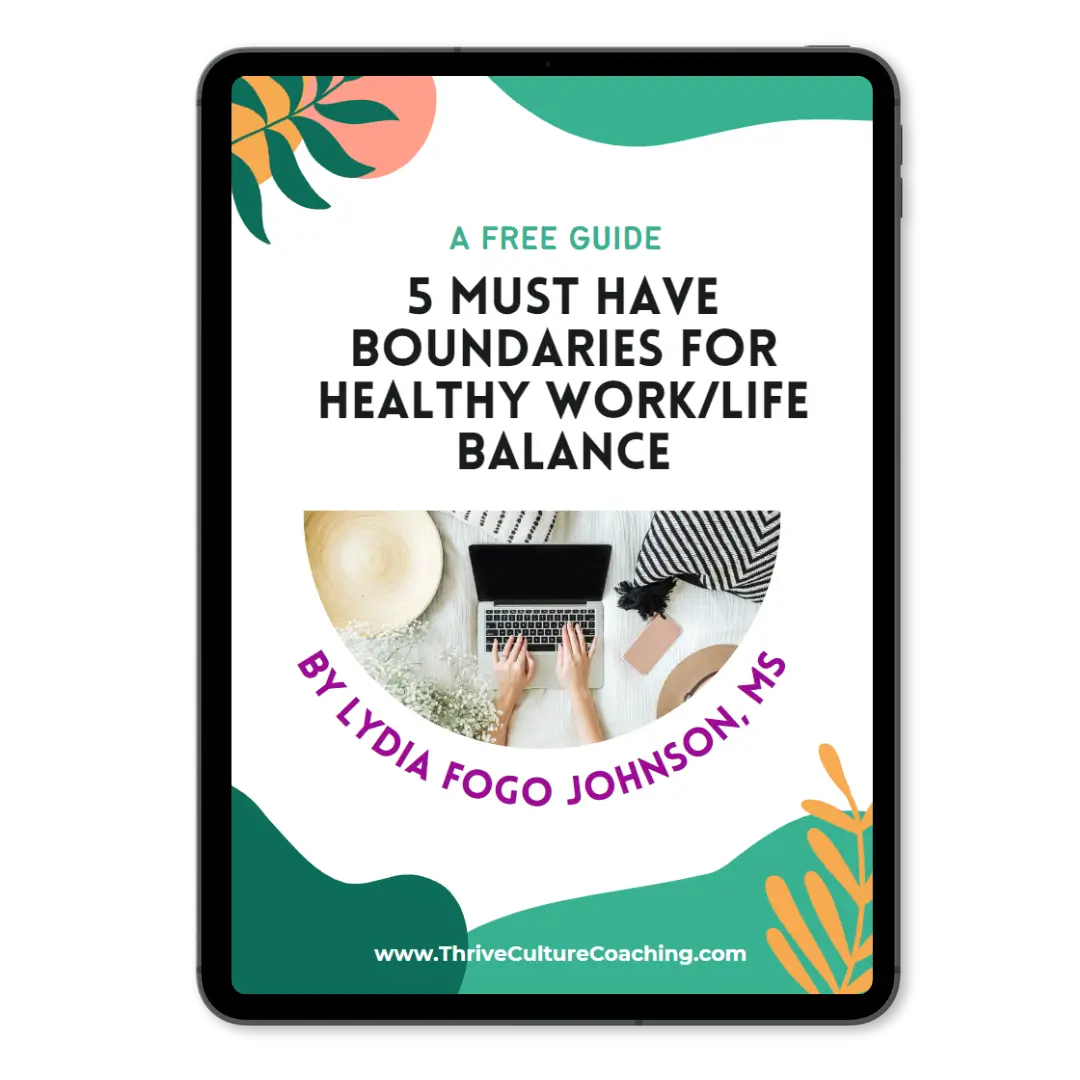Table of Contents

Photo by Nathan Dumlao on Unsplash
You’ve landed a job interview for a potential new gig. You’re feeling excited and nervous, but you’ve practiced your STEAR method (right??) and feel like you will nail it.
Suddenly, you wonder… wait! Should I mention kids in a job interview?
Well, it depends on your gender… 😬🤪🤬
If you’re a woman/female-presenting person, even a quarter of the way through the f***ing 21st century, the answer is almost always no. Do not mention you have kids in a job interview, especially if you’re interviewing for a new company.
Long-standing research shows that a Motherhood penalty exists, where hiring managers are less likely to hire mothers compared to women without kids, and that when moms do get an offer, it’s lower than the offer women without kids would get.1
Recent research confirms that moms still receive subtle discrimination during the interview process, such as more negative feedback on their interviews, and are rejected more quickly than fathers or women without children.2
In contrast, there is a Fatherhood bonus/premium, where men with kids appear to be viewed more favorably and earn an average of 4-6% more than their male childless counterparts.3
Another not-fun fact: Moms’ salaries get dinged an average of 5% for every child they have (even when we control for job experience). In contrast, more kids = more pay for dads.4 🤯
The Bottom Line: Should You Mention Kids In a Job Interview?
If you are a father/male-presenting parent, go ahead and talk about your kids during the interview— honestly, it might get you a bigger salary offer. One exception is if you have three or more kids and are interviewing at a new company. Research suggests that if you have 3+ kids, men appear to face some of the same biases mothers do (i.e., “they won’t be as committed because of all their children”).5
If you’re a mother/female-presenting parent, I’d strongly suggest leaving your kids out of the picture during the interview. Many forces are at play here, and even if the recruiter and hiring manager are “good,” well-intended people, they’re bringing their own unconscious (or conscious!) biases to the table. Let’s not risk your nice new salary, shall we?
The only exception for moms, and I hesitate even to say this, is if you feel very certain your motherhood status would be an opportunity to personally bond with a family-oriented recruiter or manager (e.g., they mention they have kids several times) or you’re working for a company that solely exists to serve mothers/parents. Data show the motherhood penalty exists even for very child-centric jobs (e.g., daycare workers or telemetry school teachers), so I’d caution against assuming your motherhood status will do you favors even in a kid-centric field.6
I’m a skeptic with questions…
Isn’t all this research just comparing apples to oranges?
No. The motherhood penalty shows up in cross-sectional research AND within-person research. If we compare Mary (a mom) to Sally (not a mom) and control for variables like education, marital status, work gaps, and job type, we see Mary makes less than Sally. If we analyze Mary’s salary pre-kids, after kid #1, and after kid #2, we still see a motherhood penalty. AKA, the motherhood penalty can’t be explained away by claiming we’re comparing apples to oranges because we’re comparing the same apple pre- and post-kids.
How am I supposed to figure out if my potential employer would be supportive of work/life balance?
Work/life balance is important, and you should definitely do some sleuthing on whether your new employer would be supportive. I suggest strategies like reading comments on Glassdoor and asking non-family-specific questions during the interview (e.g., “How does this company support employee health, well-being, and work-life balance?”). This guide has more tips on that subject.
How do I answer questions about travel without mentioning kids?
Let’s say an employer asks you how often you’re willing to travel. Instead of saying something like, “I have kids at home, so I can’t travel too often,” say something like, “I am willing to travel x nights per month and am flexible should the need arise for more.” Or, better yet, ask them to clarify their expectations and reply enthusiastically, “Absolutely, I can do that.” (Pro tip for interviews: Starting your reply with a solid “absolutely” or “yes” is a nice strategy— people tend to remember the first part of what you say more than what comes in the middle).
Does this apply to interviews for a role within the same company?
Research such as this shows the impact of being a parent on salary is more positive when staying at the same company vs. a new one. Of course, this plays out differently for moms and dads. Dads enjoy a bigger fatherhood premium when staying at the same company, and moms suffer a smaller (but still present) motherhood penalty. The exception here is when moms have three or more children— moms with 3+ kids suffer less of a salary penalty across employers compared to within employers. So, again, if you’re a dad, go ahead and mention your kids all you want. If you’re a mom, still avoid it, but it’ll probably do less harm than if you’re applying to a new company.
Um, Isn’t This Just a Little Bucket on a Dumpster Fire?
Yep.
Look, if you feel angry reading this… that is so valid. I get that… I feel angry, too!
Anger is an extremely logical response to women’s continued lack of equality, support, and resources in the world at large, in our homes, and in our workforces.
I want to be crystal clear here: You are not the problem… and the advice in this article isn’t a solution to the problem.
I know that advice like this is an infinitesimally small bandaid on a gapping, infested societal wound.
I know that this problem is so much bigger than you and that upcoming job interview.
I know we have so much work to do at the company, policy, legal, and societal levels to make articles like this completely unnecessary.
BTW, if you want to with the work happening at the societal level, you can do that by advocating for the Paycheck Fairness Act and the Salary Transparency Act. ⬅️Click to add your voice to the conversation.
But while we fight those giant, multi-generational long battles at the societal level, I’d like to help pass out supplies and strategies, no matter how small or simple, to help reduce the impact of those problems and help get us by just a smidge easier.
I know it’s a bandaid.
But sometimes bandaids make us feel just a bit better, a bit safer, and more in control of the situation, right?





Share